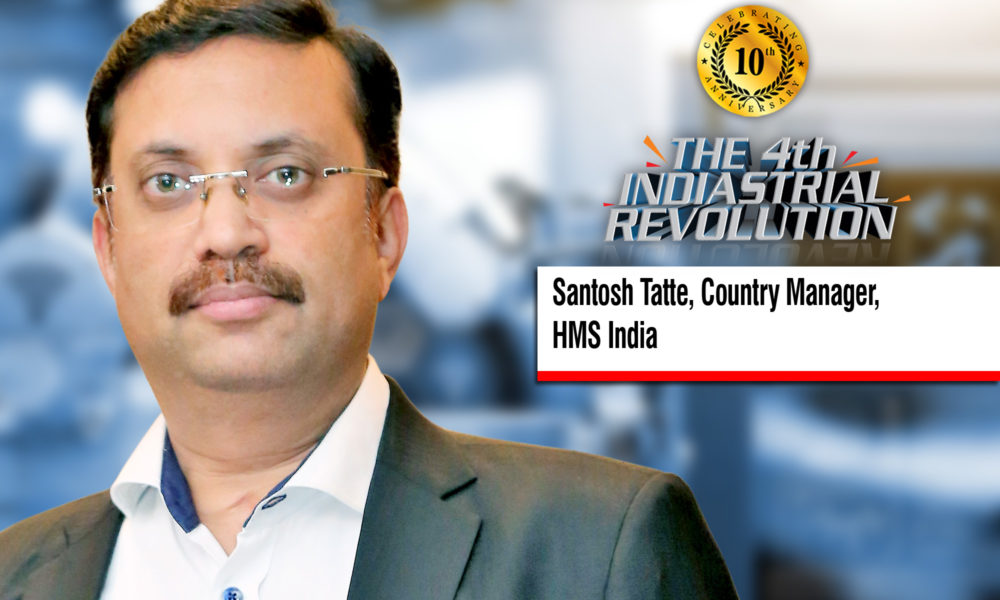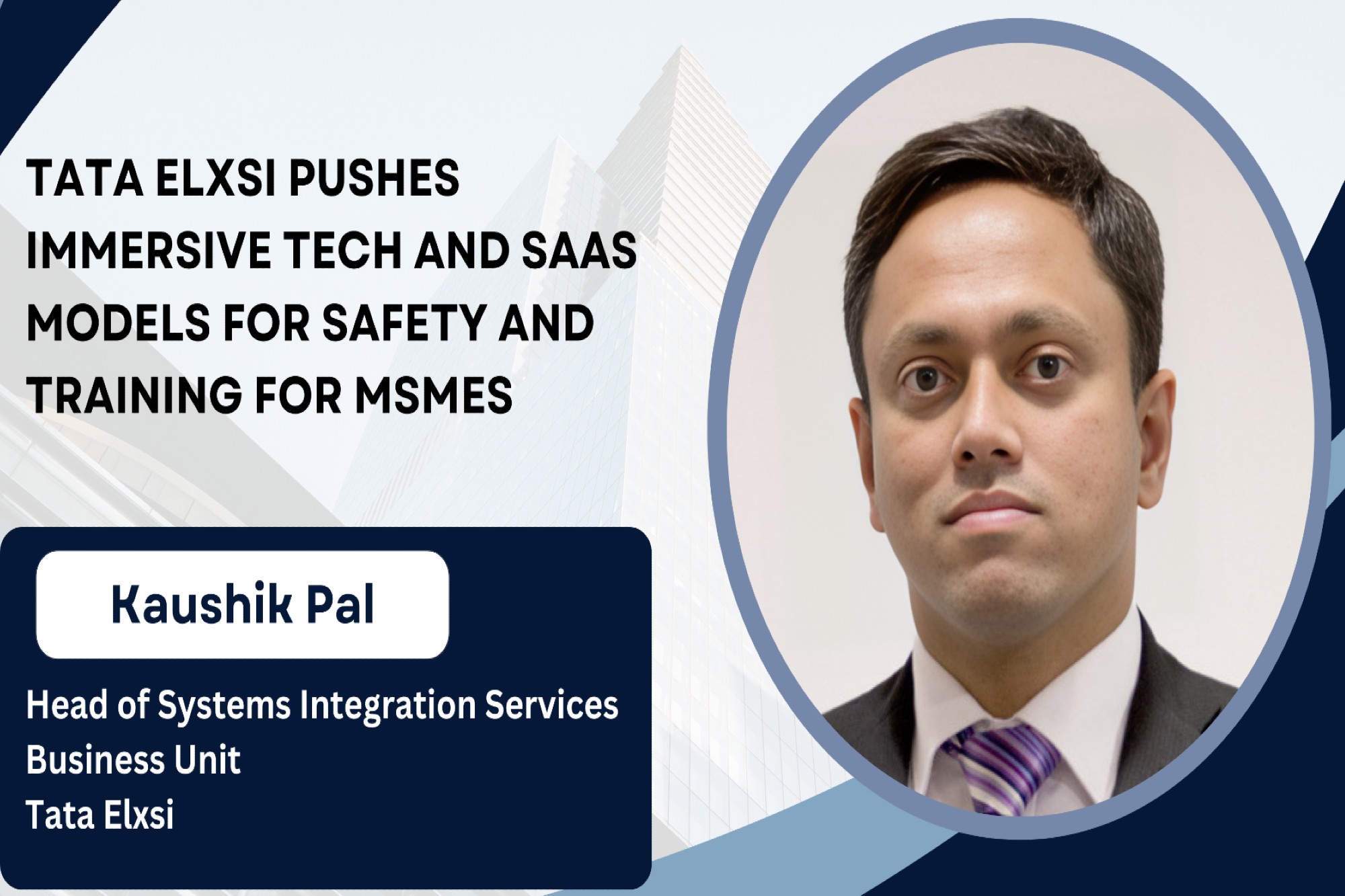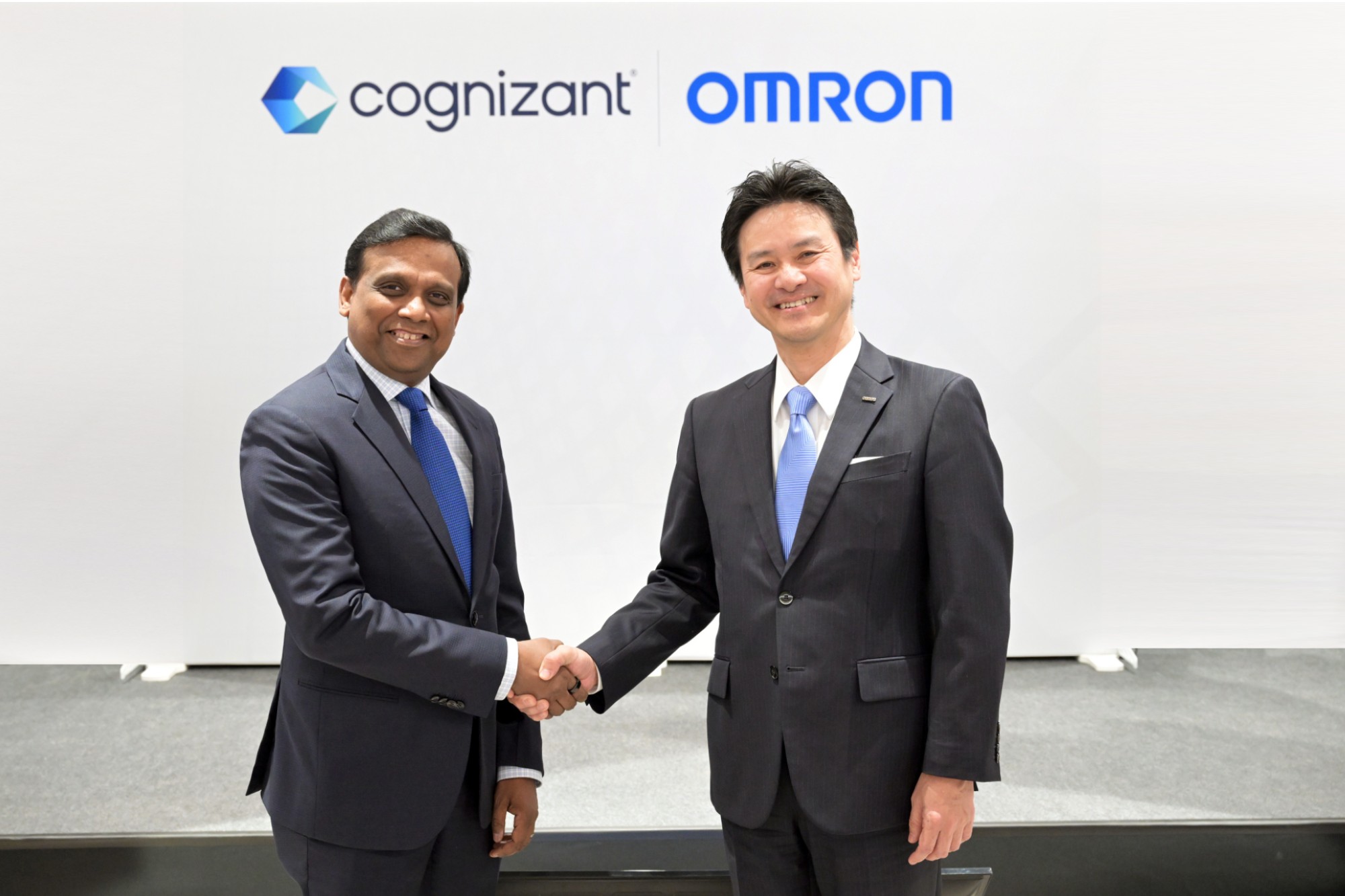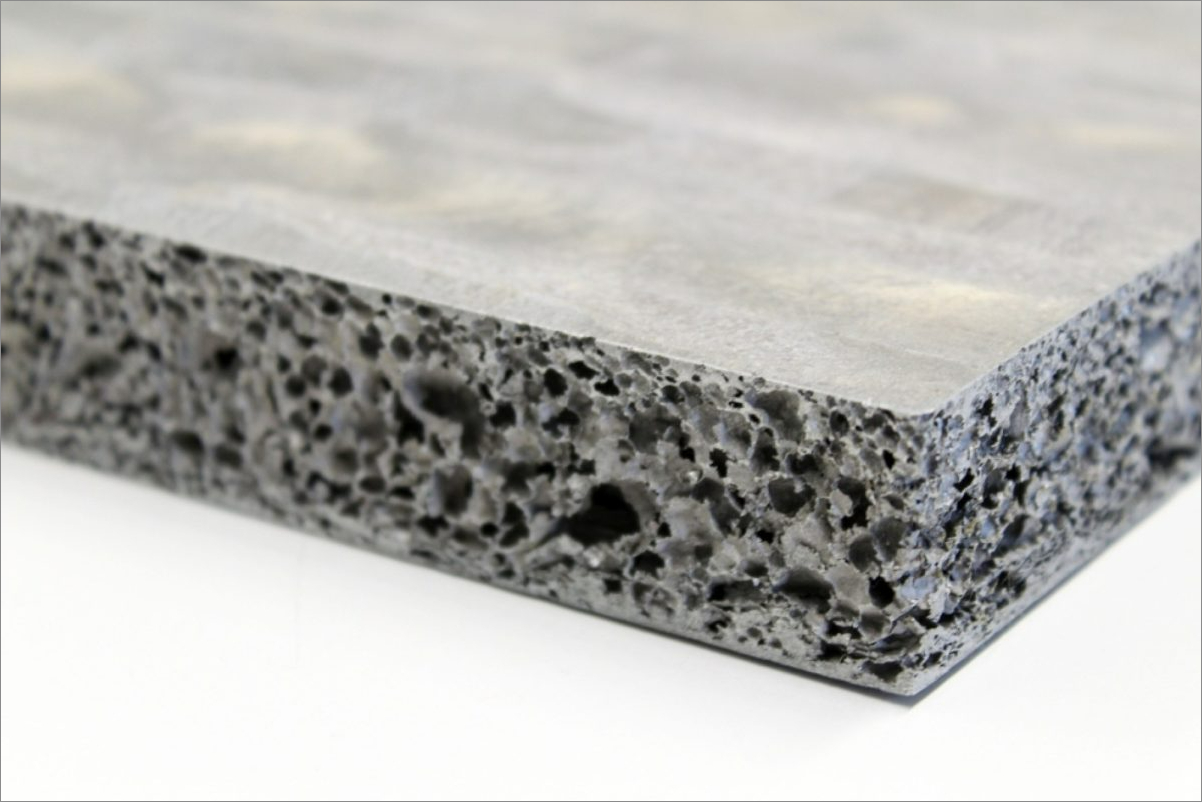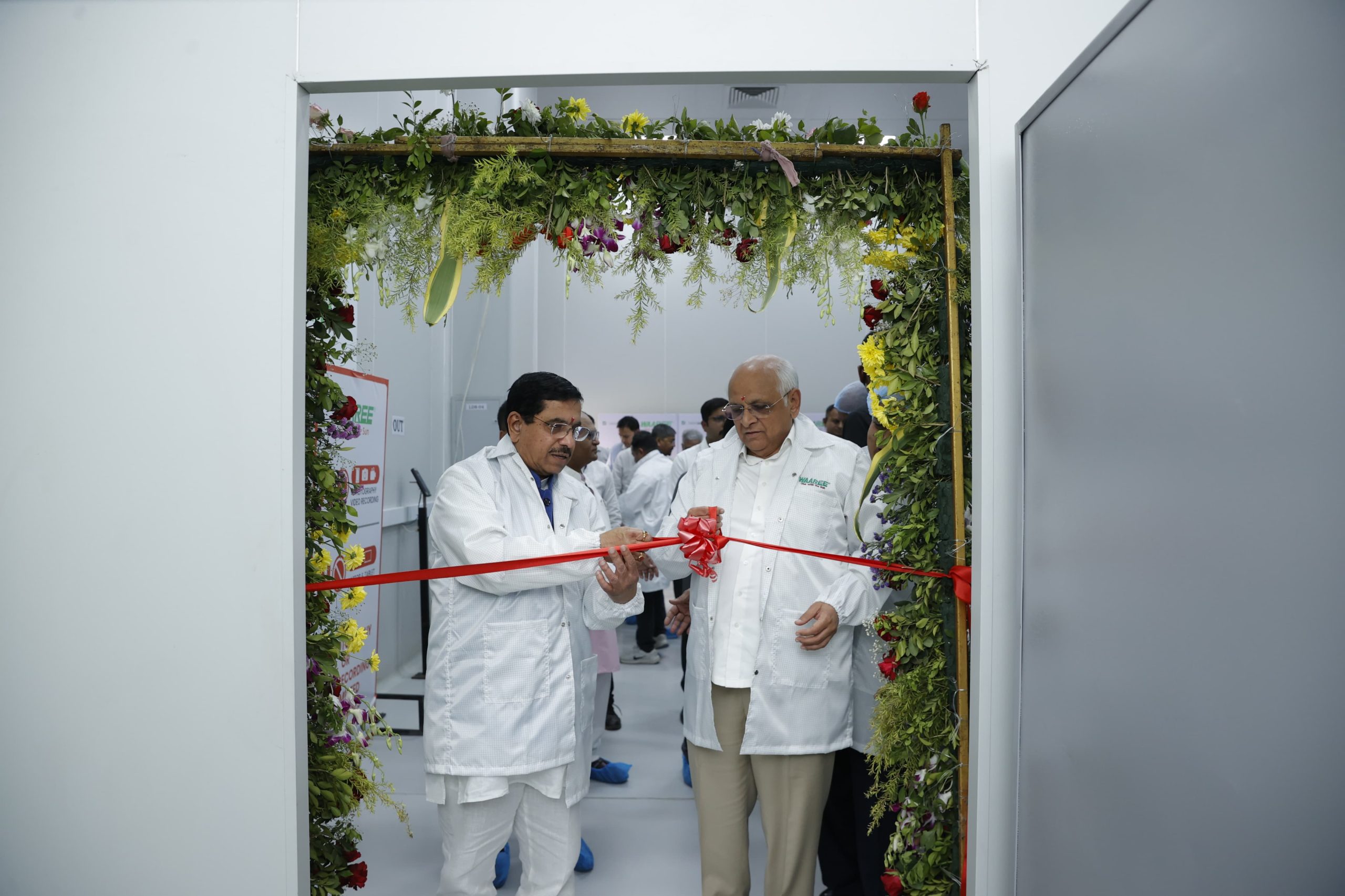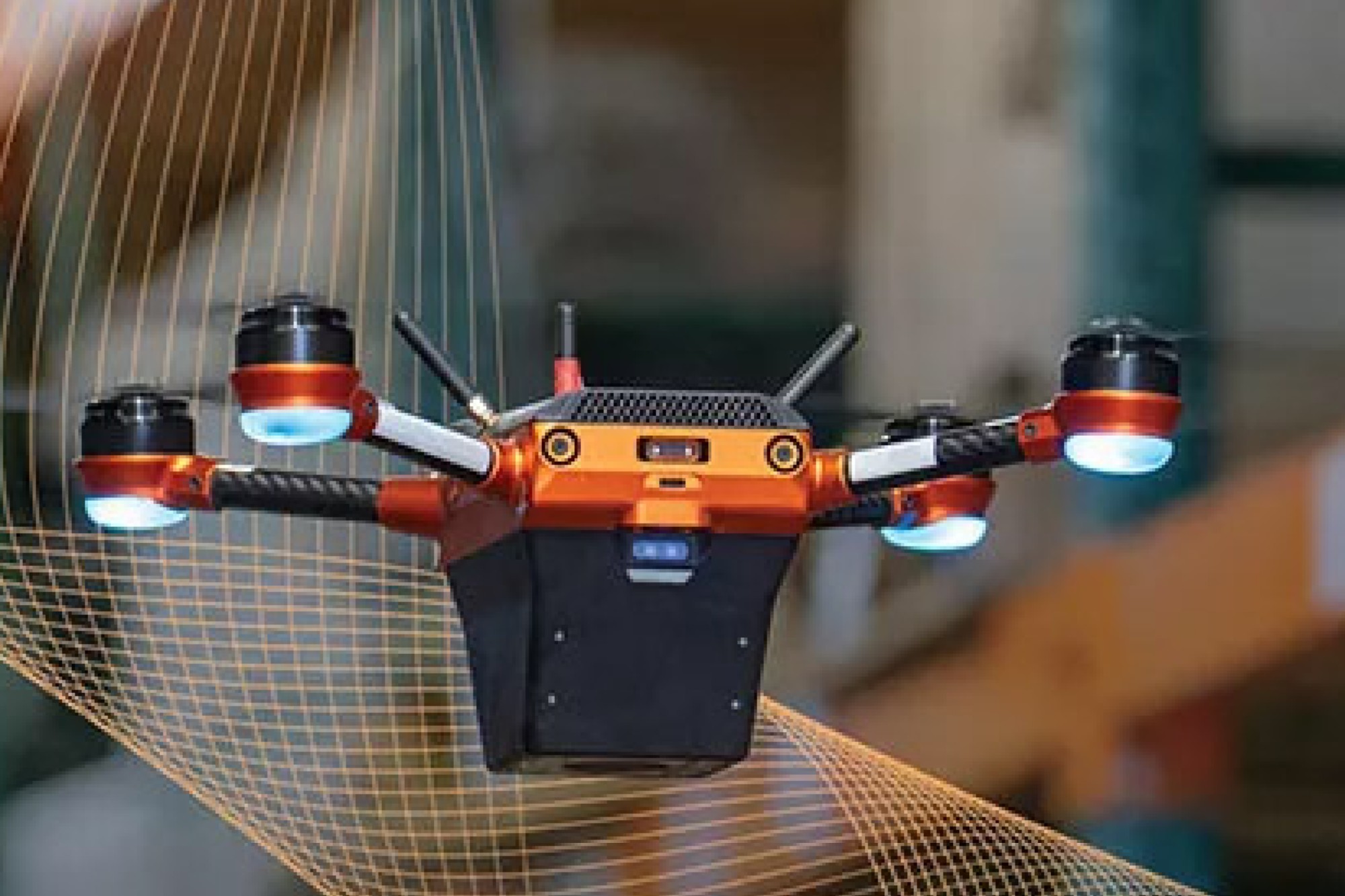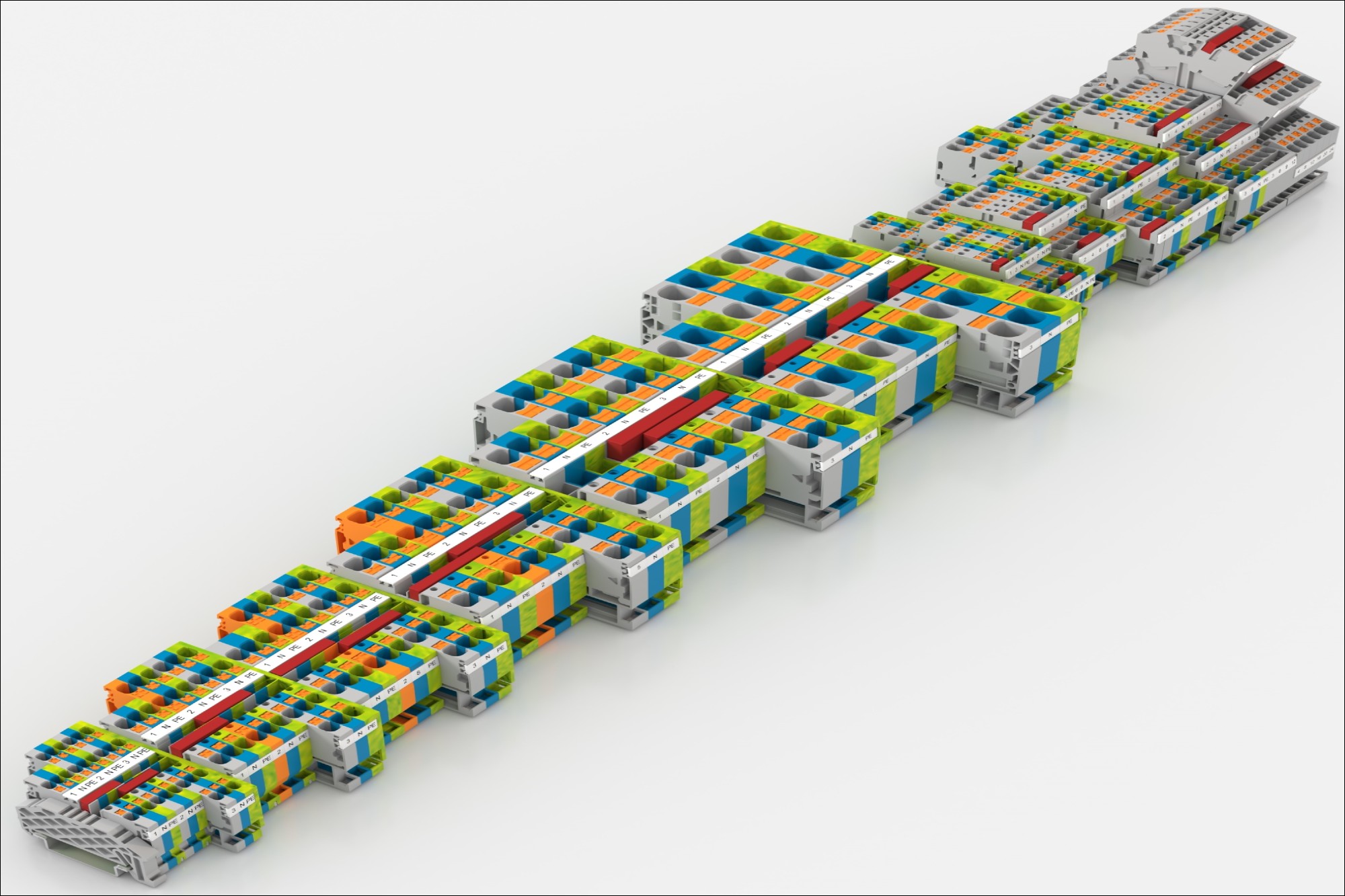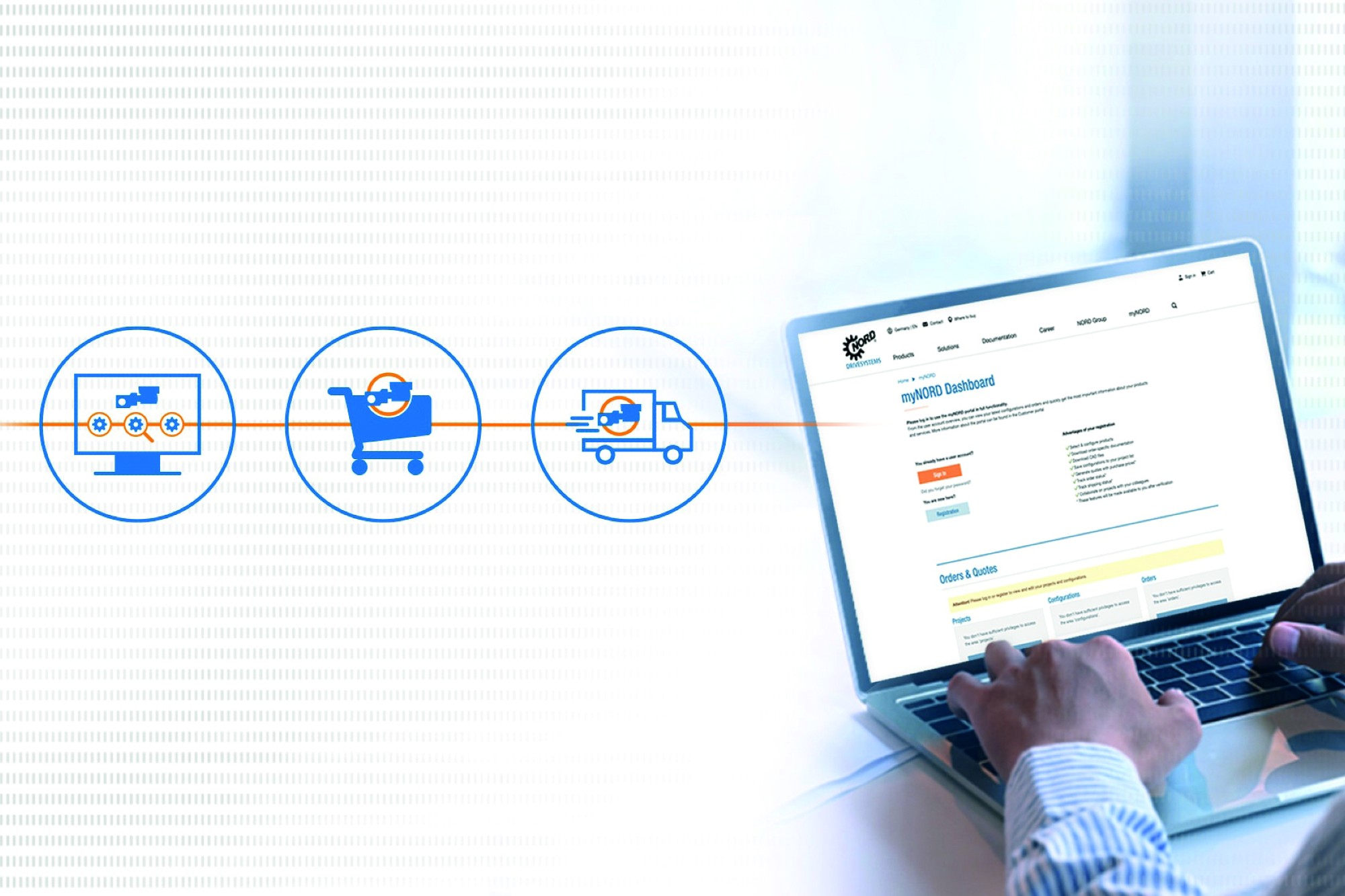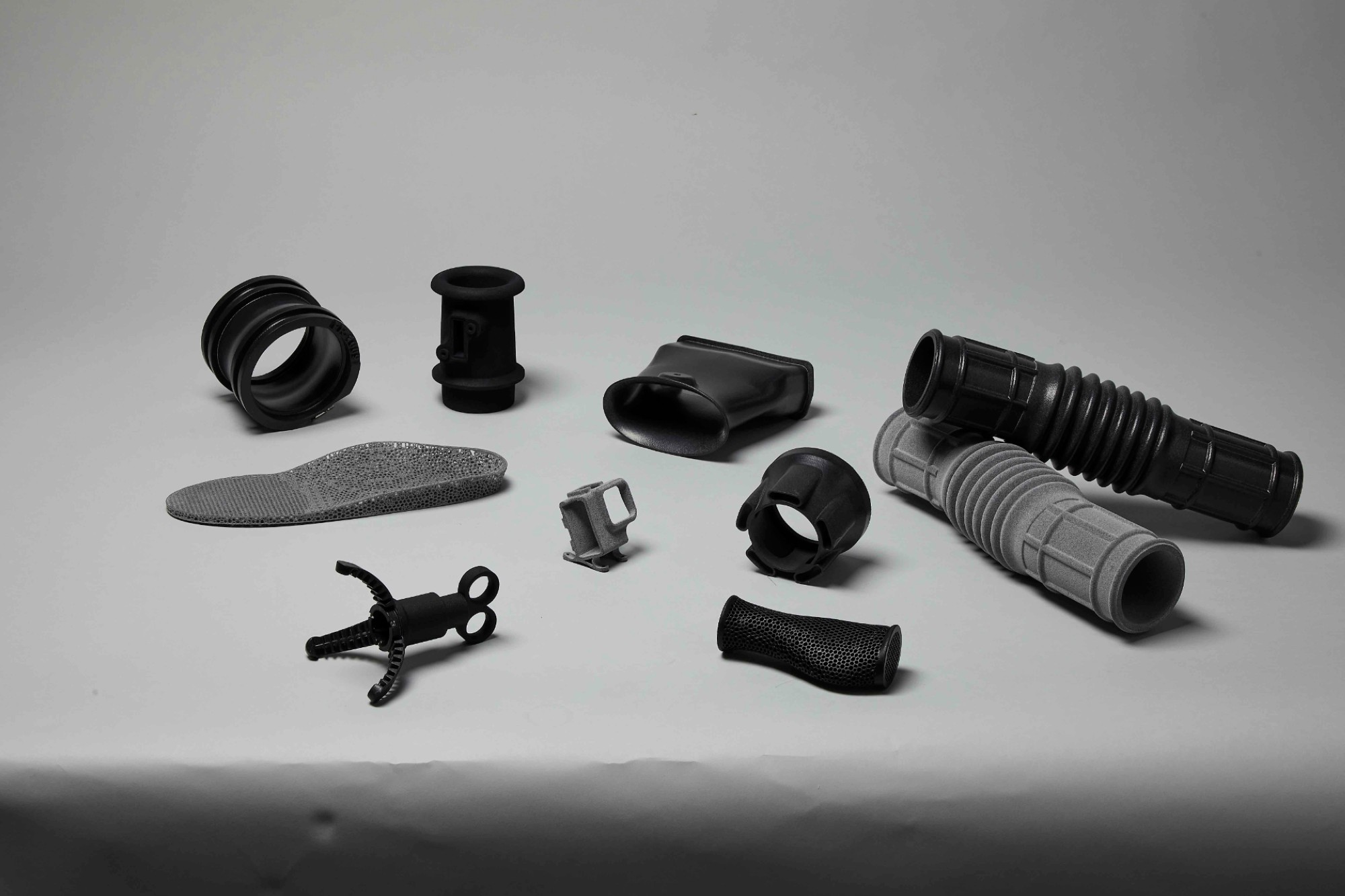Lean manufacturing: Actionable intelligence
By OEM Update Editorial June 17, 2019 4:25 pm IST
Santosh Tatte, Country Manager, HMS India discusses how regardless the size, digital transformation can offer benefits to all organisations and MSME should take this initiative to get benefited from digitalisation.
‘Make in India’ initiative for India’s manufacturing sector
A lot of changes have been infused in to make ‘Make in India’ a reality. ‘Make in India’ has given a big boost to manufacturing sector in India. However, it is not complete yet. There are many practices which are yet to be implemented to bring Indian manufacturers at par with global manufacturing sector such as global safety standards, following global environmental policy, proper disposal of electronics waste etc. It will take another couple of years to completely implement policies, resolve challenges as and when they are faced going forward and observe the effectiveness of ‘Make in India’ initiative.
Digital transformation of MSME
MSME definitely play a major role in manufacturing sector of India. They have their own challenges of access to market, production techniques, quality references etc. Digital transformation at MSME in India should be relatively simple since they have more flexibility and their processes are less complicated. However, we observe that adoption to the digital transformation is slow in MSME which is mostly because of the inappropriate understating of digital transformation and the benefits. It is also due to the lack of awareness of latest technology trends. Another hurdle for digitalisation at MSME is ‘mindset’, ROI which sometimes becomes difficult to predict within a time frame and awareness about digital transformation and the expectations out of this implementation.
Regardless the size of the organisation, digital transformation can offer benefits to all organisations and MSME should take this initiative to get benefited from digitalisation. There are other concerns also like introducing new automation hardware and maintenance, machine retrofitting, running cost of the system, data transfer reliability, data security and confidentiality, quality of data, overall cost involved, IT requirements and many more.
Digitalisation is reality
The very basic steps are needed to convince the manufacturing setup that digitalisation is reality and can be implemented successfully. Organisations offering IIoT/Industry 4.0 solutions need to increase their efforts to create better awareness about the benefits and to win the buying of customers. The offering should be more complete, reliable and should be able to help manufacturer to address his manufacturing challenges.
Manufacturing setups need to prepare and be future ready for meeting changing market demands and offer flexibility in manufacturing and delivering through digital transformation. They need to plan for business which is efficient and also sustainable. But the key question is where to start? Having a reliable and right partner with proper solution and transparency is the key for proper implementation. It is equally important that the solution partner understands manufacturers’ objectives and offer an adequate, robust and reliable solution. The manufacturer can focus on basic essentials such as quality and productivity in manufacturing. Flexibility in manufacturing can follow. Many manufacturers, most of the times, look at ROI and immediate returns before investing into any new technology. They need to understand the value creation that will be brought in by digital transformation. Manufacturers need to understand the actionable intelligence they will get with digital transformation.
Implementing smart factory, a major cultural change
Transforming to smart factory is a phase in the digitalisation of the manufacturing sector, which is driven by disruptions like the huge data collected from machines, immense computational power and connectivity, the emergence of powerful analytics and business-intelligence capabilities and improvements in transferring digital instructions to the physical world, such as advanced robotics and 3D Printing.
Implementing smart factory is a major cultural change that requires organisations to continually check the current situation, experiment and sometimes get ready for failure. This sometimes means discontinuing long-standing business processes that companies were built upon in favour of relatively new practices that are still being defined. However, it is still a challenge to convince the users to shed outdated processes and legacy technology than it is about adopting new tech. The smart factory disruption comes with the fear of potential negative effects, predominantly the challenge of adapting to a new environment and acquiring new relevant skills and knowledge. Transforming people is one of the major keys to successful smart factory implementation.
Areas considered for transition to the smart factoryMany manufacturers draft their smart factory vision focusing on the financial impact of an end-to-end manufacturing transformation rather than technological improvements in their operations. Here are a few recommendations for transition to smart factory:
• Assign leadership, governance and ownership to monitor and check smart factory strategy
• Define clear objectives and opportunities
• Be willing to invest
• Roadmap for smart factory initiative and maintain focus on it
• Starting small and focused. Show proof or concept and present early win
• Good internal company alignmentand between IT and OT teams
• Maintain the momentum b keeping the team members engaged
• Strive for digital mindset and culture in the organisation
• Understand and address security risks
• Handling disparate networks
• Use automated analytics
• Restrict unplanned cost
• Go with a transparent and reliable IIoT partner
Future for cloud solutions and machine tools industry
With technological advancements, the cloud based solutionis only going to get bigger and better. It’s quite natural to anticipate that cloud based services will show an equally exponential growth. Many of these services are already extremely popular which are Infrastructure-as-a-Service (IaaS), Platform-as-a-Service (PaaS) and Software-as-a-Service (SaaS).Machine tool Industry will become a part of IIoT / Industry 4.0 system in near future. IIoT will change them in many ways and, through them, change the manufacturing sector.
Digital transformation at MSME in India should be relatively simple since they have more flexibility and their processes are less complicated
Santosh Tatte, Country Manager, HMS India
Cookie Consent
We use cookies to personalize your experience. By continuing to visit this website you agree to our Terms & Conditions, Privacy Policy and Cookie Policy.



